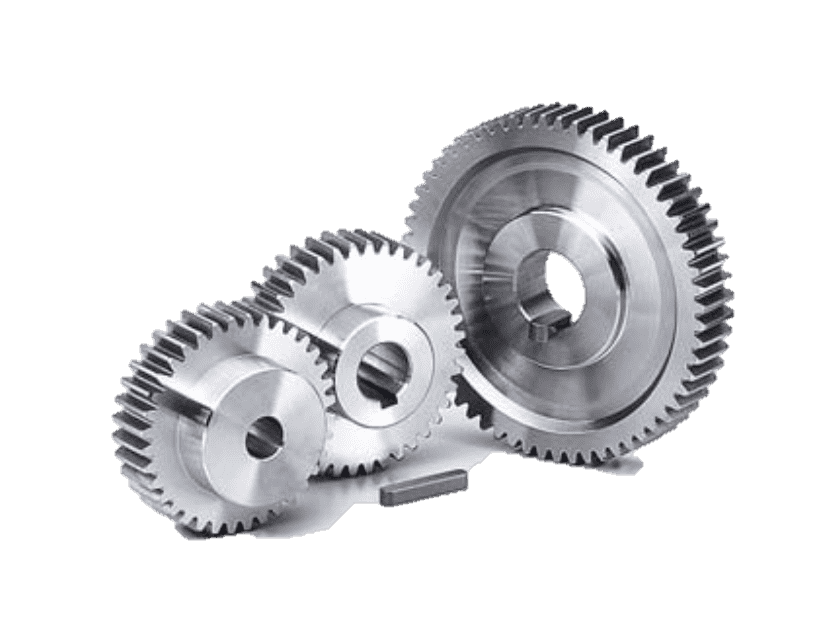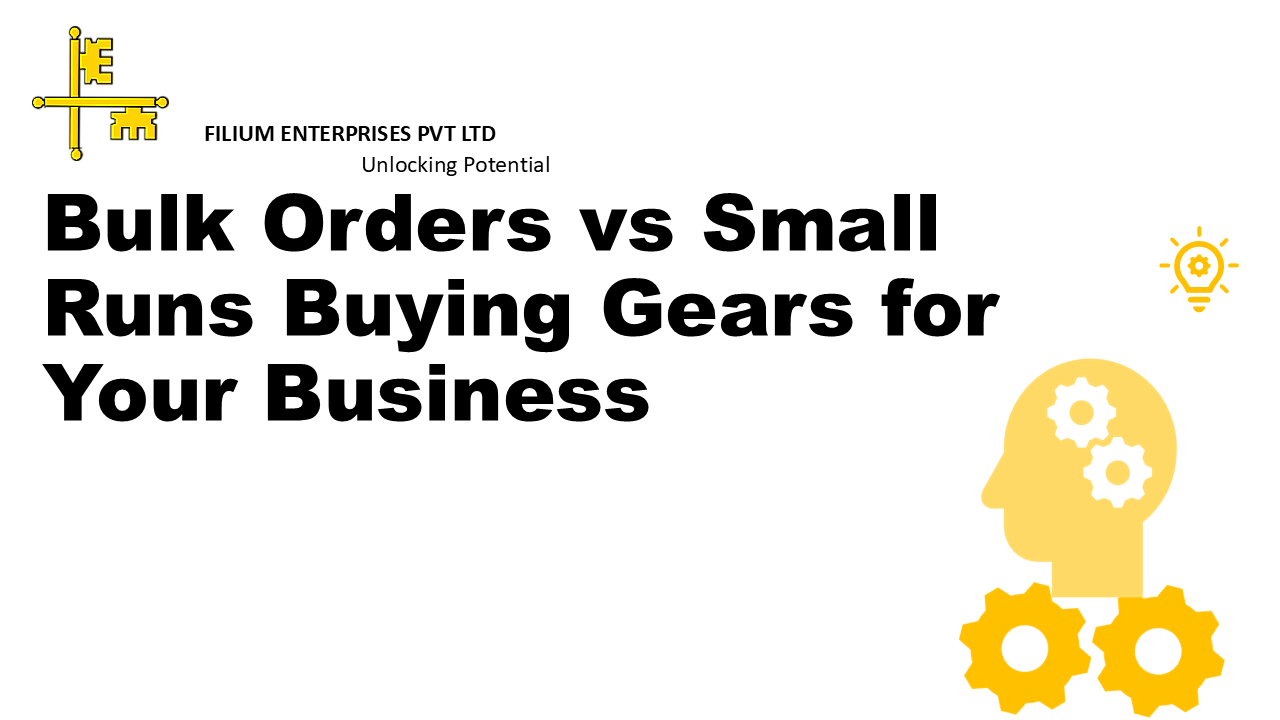Sustainable Manufacturing Practices in Gear Industry

Sustainable Manufacturing Practices in the Gear Industry: Leading the Path to a Greener Future
The global gear manufacturing industry, a cornerstone of automotive, aerospace, and industrial machinery sectors, is undergoing a transformative shift toward sustainability. As climate change and resource scarcity intensify, companies are prioritizing eco-friendly practices to reduce their environmental footprint while maintaining competitiveness. Sustainable manufacturing—integrating energy efficiency, waste reduction, and circular economy principles—has become a strategic imperative. This article explores key sustainable practices in gear production, supported by industry statistics, and highlights Filium Enterprises, a pioneering supplier of the innovative EcoGear-X, as a leader in this movement.
The Urgency of Sustainability in Gear Manufacturing
Gears are critical components in everything from wind turbines to electric vehicles (EVs), making their production integral to global industrial operations. However, traditional gear manufacturing is resource-intensive, relying heavily on energy, raw materials, and water. According to the International Energy Agency (IEA), the manufacturing sector accounts for 37% of global energy consumption, with metal processing alone contributing 8% of total CO₂ emissions. For the gear industry, decarbonization is not just an ethical obligation but a business necessity.
A 2023 report by McKinsey projects that adopting sustainable practices could reduce manufacturing emissions by 40–50% by 2030, unlocking $3 trillion in economic value. Additionally, 76% of consumers now prefer brands committed to environmental responsibility, as per Nielsen. These trends are pushing gear manufacturers to innovate—and Filium Enterprises is at the forefront.
Key Sustainable Manufacturing Practices
1. Eco-Friendly Material Selection
Traditional gears rely on carbon steels and alloys, which require mining and produce significant emissions. Sustainable alternatives include:
- Recycled Metals: Using scrap steel or aluminum cuts mining demand. The U.S. EPA notes that recycled steel reduces energy use by 74% and emissions by 86%.
- Bio-Based Lubricants: Switching from petroleum-based oils to biodegradable alternatives decreases soil and water contamination.
Filium Enterprises’ Contribution: The company’s EcoGear-X incorporates 85% recycled materials, including post-industrial steel and reclaimed aluminum. This approach has reduced raw material costs by 20% while slashing carbon emissions by 35% per unit.
2. Energy Efficiency in Production
CNC machining and heat treatment in gear manufacturing consume vast energy. Solutions include:
- Renewable Energy Integration: Factories powered by solar or wind energy.
- Smart Manufacturing: IoT sensors optimize machine performance, cutting idle time by 25% (World Economic Forum).
Statistics: A 2022 UNIDO study found that energy-efficient practices in manufacturing can lower operational costs by 15–30%.
Filium’s Innovation: The company’s facility in Germany runs on 100% renewable energy, utilizing solar panels and hydropower. Their AI-driven production line for EcoGear-X has enhanced energy efficiency by 40%.
3. Waste Reduction and Circular Economy
Approximately 20–30% of raw materials in gear manufacturing end up as waste, per the Ellen MacArthur Foundation. Strategies to combat this include:
- Additive Manufacturing: 3D printing minimizes material waste by building gears layer-by-layer.
- Recycling Programs: Scrap metal is reprocessed into new products.
Filium’s Leadership: The company recycles 98% of its metal waste and partners with clients to refurbish used gears. Their EcoGear-X ReLife Program extends product lifecycles by 50%, reducing landfill contributions by 12,000 tons annually.
4. Sustainable Supply Chains
Ethical sourcing and logistics optimization are vital. The Carbon Trust reports that 60% of a product’s carbon footprint stems from supply chain activities.
- Local Sourcing: Procuring materials regionally reduces transportation emissions.
- Blockchain Tracking: Ensures transparency in mineral sourcing, avoiding conflict materials.
Filium’s Approach: The firm sources materials within a 500-km radius of its factories and uses blockchain to verify suppliers’ sustainability claims.
Filium Enterprises: A Case Study in Sustainable Excellence
Founded in 2005, Filium Enterprises has evolved into a global leader in sustainable gear manufacturing. Its flagship product, EcoGear-X, epitomizes this commitment. Engineered for durability and efficiency, EcoGear-X boasts:
- 30% lower friction loss compared to conventional gears, enhancing energy savings in machinery.
- A lifespan extended by 70%, reducing replacement frequency.
- Compliance with ISO 50001 (energy management) and ISO 14001 (environmental management) standards.
The company’s investments in R&D have yielded a 50% reduction in water usage and a 40% drop in greenhouse gases since 2018. In 2023, Filium was honored with the Global Green Innovator Award for its zero-waste production model.
Challenges and the Road Ahead
Despite progress, barriers persist:
- High upfront costs for green technologies.
- Lack of standardized sustainability metrics.
- Regulatory fragmentation across regions.
However, governments are stepping up. The EU’s Carbon Border Adjustment Mechanism (CBAM) and the U.S. Inflation Reduction Act (IRA) offer incentives for sustainable manufacturing. Companies like Filium are poised to benefit, leveraging policy support to scale innovations.
Conclusion
Sustainable manufacturing in the gear industry is no longer optional—it’s a competitive advantage. Through material innovation, energy efficiency, and circularity, firms can drive profitability while protecting the planet. Filium Enterprises, with its trailblazing EcoGear-X and holistic sustainability ethos, demonstrates that environmental stewardship and industrial success are mutually achievable. As the sector evolves, collaboration between manufacturers, policymakers, and consumers will be key to accelerating the green transition—one gear at a time.







